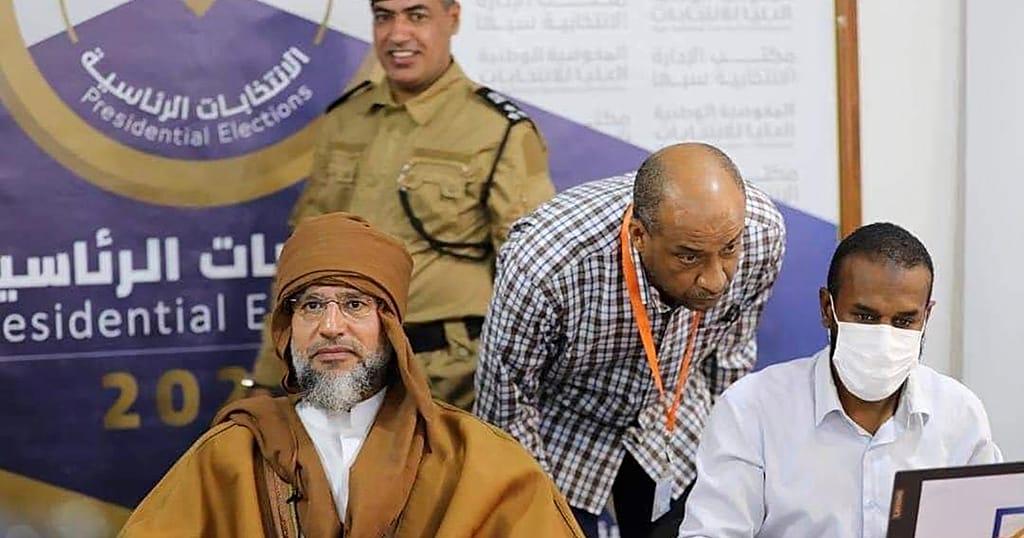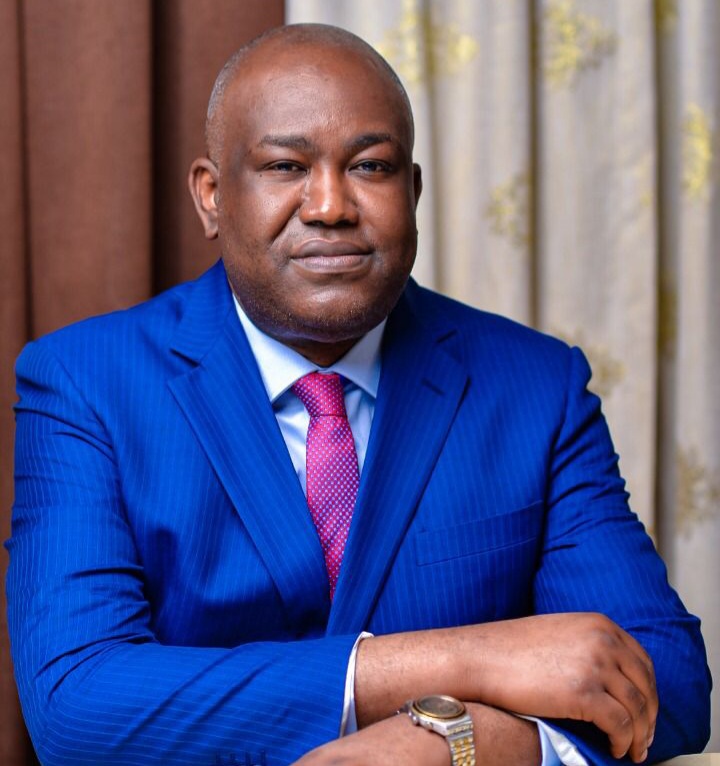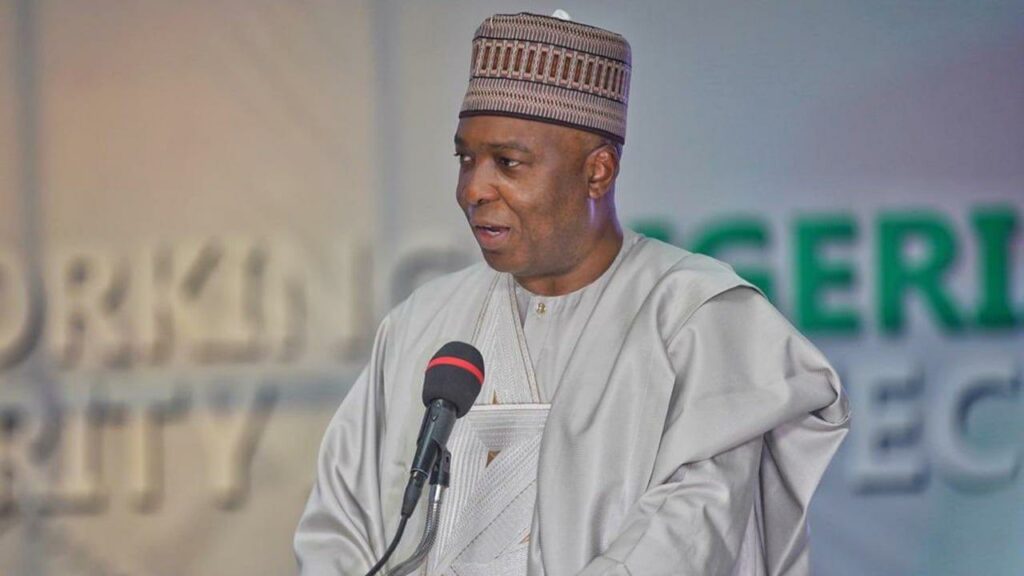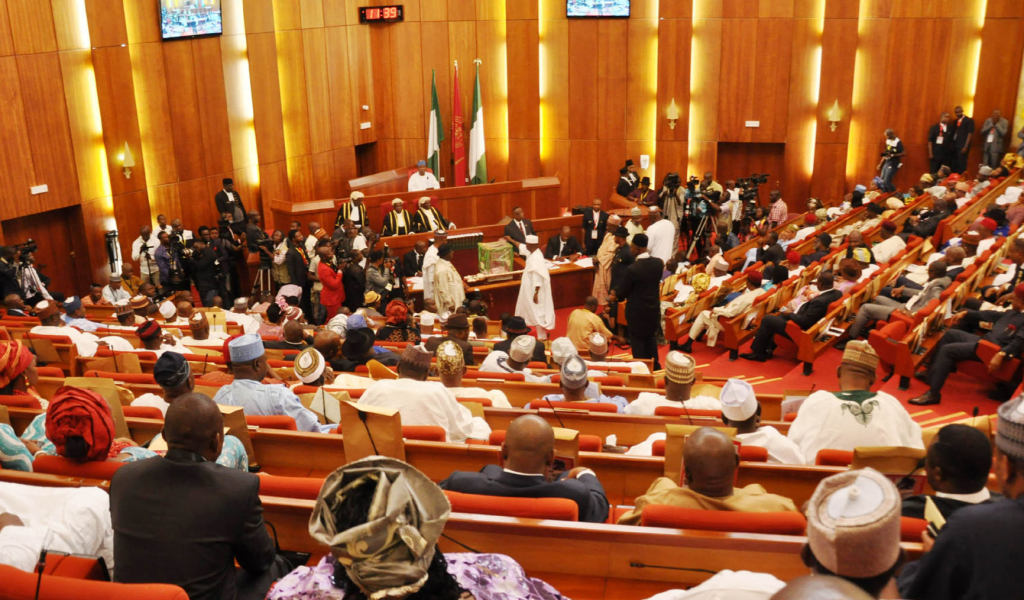In the sunbaked savannahs of Kenya, a loan officer snaps a smartphone photo of a cow’s face beside its owner—a woman whose livestock represents her life savings. Within moments, artificial intelligence analyzes the image, transforming the animal into a digitized financial asset. This process, pioneered by Congolese engineer Jenny Ambukiyenyi Onya, is bridging a critical gap for millions of women locked out of formal banking systems across rural Africa.
Sub-Saharan Africa’s 200 million smallholder farmers include an estimated 80-120 million women who manage livestock, yet they face systemic exclusion from credit. United Nations data reveals women receive just 10% of smallholder loans and 1% of agricultural financing overall, leaving 70-115 million without access to capital. For these women, herds function as informal savings accounts, but traditional ownership verification methods—like easily lost or forged ear tags—fail to satisfy lenders.
Onya’s innovation, Halisi Livestock, applies biometric AI to create tamper-proof digital identities for animals. Using smartphone cameras, loan officers capture unique facial features of cattle, which algorithms convert into verifiable records. “This turns livestock into structured, bankable collateral,” explains Onya. The system provides threefold validation: accurate herd valuation, indisputable proof of ownership, and remote collateral monitoring for financial institutions.
Supported by the African Development Bank’s AFAWA initiative through its “Enhancing Women Entrepreneurship for Africa” program, Onya’s startup Neotex.ai has registered over 1,250 animals in Kenya since 2023. The partnership enabled technical refinements and expansion into new regions, demonstrating the model’s viability. “Trust built on data opens credit doors,” Onya notes, emphasizing how digitization shifts perceptions of informal economies.
Beyond loans, the technology aims to reshape how policymakers and investors engage with rural sectors. By making livestock populations “visible and measurable,” Onya argues, AI can unlock broader economic potential. She urges financial institutions to prioritize investments in women-led rural enterprises while inspiring young African innovators to challenge stereotypes: “If I can build solutions from a phone and cows, anyone can reimagine the impossible.”
As the UN prepares to mark the 10th World Youth Skills Day in July 2025, initiatives like Halisi Livestock underscore the transformative power of blending grassroots needs with emerging technologies—a quiet revolution turning cattle into currency for equality.



